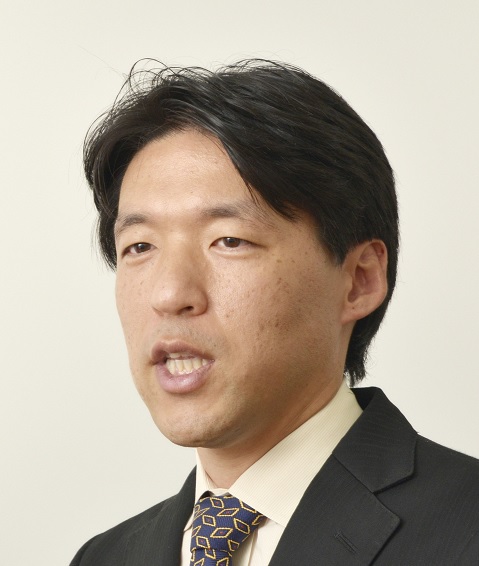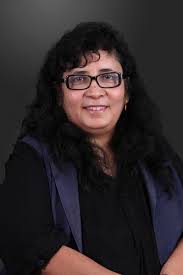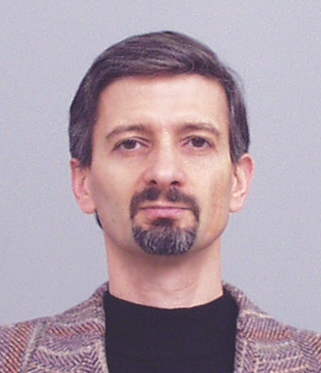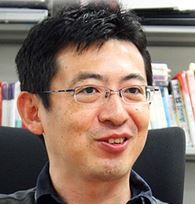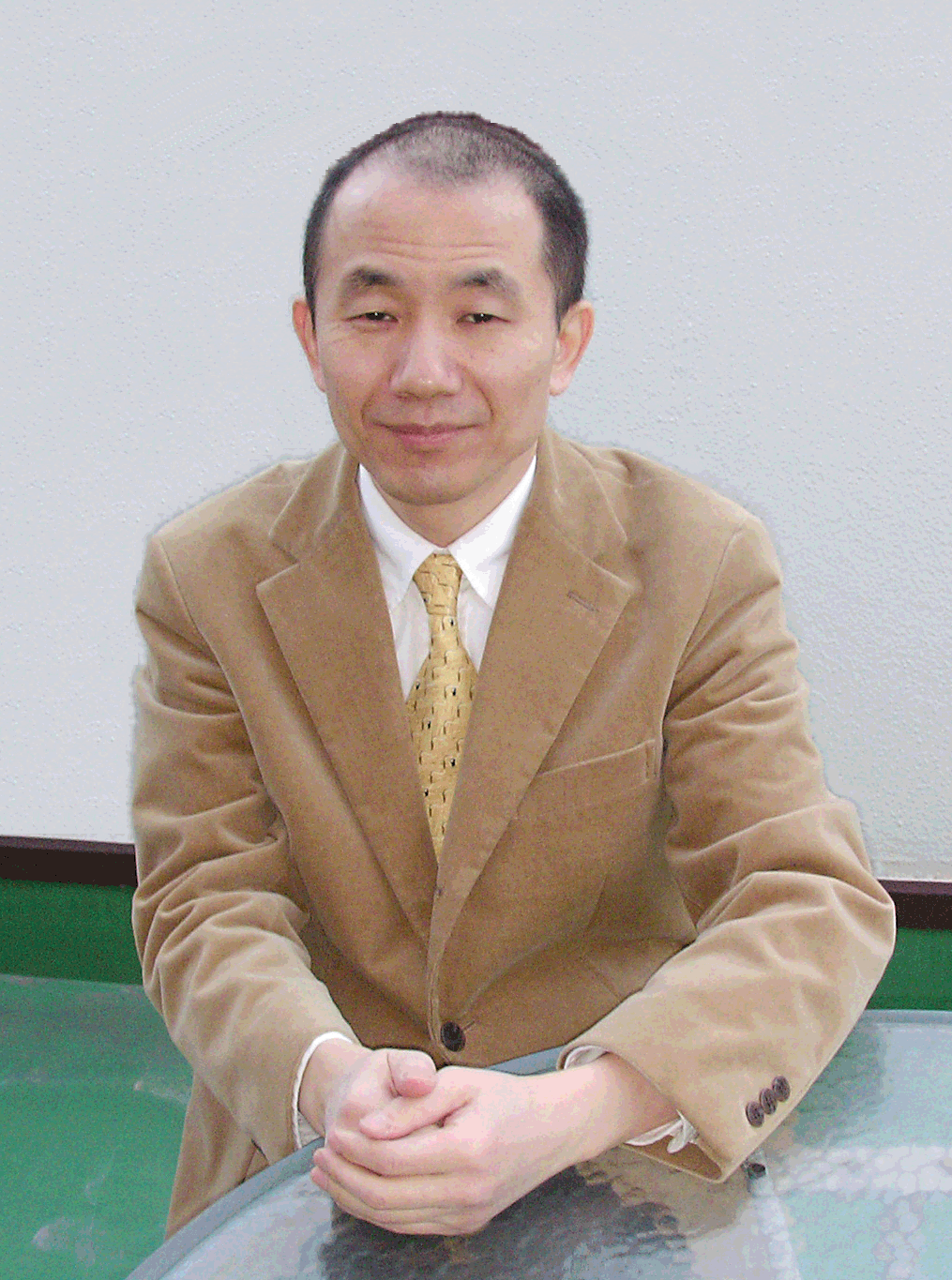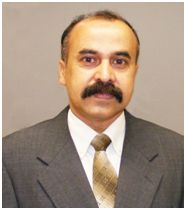Ashfaqur Rahman, CSIRO, Australia
A H M Razibul, Visionstream Pvt Lt., Australia
Abdul Mazid, Central Queensland University, Australia
Ahmad Almogren, King Saud University, Kingdom of Saudi Arabia
Alok Sharma, University of South Pacific, Fiji
Al-SakibKhan Pathan, International Islamic University Malaysia, Malaysia
Aman Jantan, Universiti Sains Malaysia, Malaysia
Andrew Kusiak. The University of Iwoa, United States
Andrew Hellicar, CSIRO, Australia
Andrew Chiou, Central Queensland University, Australia
Ayub Ali, Rajshahi University, Bangladesh
Azizul Rahman, Universiti Sains Malaysia, Malaysia
Azizur Rahman, Charles Sturt University, Australia
Azlin Nordin, International Islamic University, Malaysia
Basem Almadani, King Fahad University of Petroleum and Minerals,Kingdom of Saudi Arabia
Bimal Aklesh Kumar, Fiji National University, Fiji
Charlotte Sennersten, CSIRO, Australia
Clifton Phus, DataRobot, Singapore
Depeng Li, University of Hawaii, USA
Daniel Smith, CSIRO, Australia
Ergun Gide, Central Queensland University, Australia
Ekramul Hamid, Shizuoka University, Japan
Elan Sasson, Tel Aviv University, Isreal
Fariza Nasaruddin, University of Malaya, Malaysia
Ferdous Sohel, The University of Western Australia, Australia
FikretS Gurgen, Bogazici University, Turkey
Fionn Murtagh, De Montfort University, United Kingdom
Gancho Vachkov, The University of The South Pacific, Fiji
Greg Smith, CSIRO, Australia
Ghulam Chaudhry, Central Queensland University, Australia
GM Shafiullah, Murdoch University, Australia
Hua Wang, Victoria University, Australia
Jesmin Nahar, The University of Fiji, Fiji
Jin Wang, Nanjing University of Information Science and Technology, China
Jose Borges, University of Porto, Portugal
K R Kashwan, Sona College of Technology, India
Kasturi Dewi Varathan, University of Malaya, Malaysia
Khondaker Abdullah AlMamun, University of Toronto,Canada
Laiha Mat Kiah, University of Malaya, Malaysia
Liam O’Brien, Geoscience Australia, Australia
Mahbubur Rahim, Monash University, Australia
M H Assaf, The University of the South Pacific, Fiji
M N H Mollah, Rajshahi University, Bangladesh
Manmeet Kaur, UniversitiSains Malaysia, Malaysia
Manoranjan Paul, Charles Sturt University, Australia
Maurizio Cirrincione, The University of the South Pacific, Fiji
Mazliza Othman, University of Malaya, Malaysia
Meena Jha, Central Queensland University, Australia
Mehedi Hasan, Kyushu Institute of Technology, Japan
Md Asaduzzaman, Staffordshire University, United Kingdom
Md Aktaruzzaman, Università Degli Studi di Milano, Italy
Md RafiqulIslam, Charles Sturt University, Australia
Md Samsuzzoha, Swinburne University of Technology, Australia
Mohamed Guerroumi, USTHB University, Algeria
Mohammad Azam, King Saud University, Kingdom of Saudi Arabia
Morshed Chowdhury, Deakin University, Australia
Mustafizur Rahman, Defence Science and Technology Organisation,Australia
Nigel Yee, UNITEC, New Zealand
Nirmal Kanti Mitra, Fiji National University, Fiji
Norsaremah Salleh, International Islamic University, Malaysia
Nor Badrul Anuar, University of Malaya, Malaysia
Omar Farooq, Aligarh Muslim University, India
Paulo Batista, University of Évora. Portugal
Praneel Chand, TheUniversity of the South Pacific, Fiji
Ragib Hasan, University of Alabama, United Kingdom
Rafiul Hasan, King Fahd University of Petroleum and Minerals, Saudi Arabia
Rafiqul Islam, Khulna University, Bangladesh
Rafiqul Zaman Khan, Aligarh Muslim University, India
Rakib Ahmed, Australian Bureau of Statistics, Australia
Rashid Ali, Aligarh Muslim University, India
Ravin N Deo, The University of the South Pacific, Fiji
Richi Nayak, Queensland University of Technology, Australia
Roberto Sassi , UniversitàDegli Studi di Milano, Italy
Rohitash Chandra, The University of the South Pacific, Fiji
Ulrich Engelke, CSIRO, Australia
Saddat M Alhashmi, Abu Dhabi University, United Arab Emirates
Salahuddin Al-azad, Central Queensland University, Australia
Saleh Wasimi, Central Queensland University, Australia
Sanjay Jha, Central Queensland University, Australia
Seiya Imoto, The University of Tokyo, Japan
Shadi Basurra, Birmingham City University, United Kingdom
Shareeful Islam, University of East London, United Kingdom
Shivakumara Palaiahnakote, University of Malaya,Malaysia
Siddhartha Bhattacharyya, RCCIIT, India
Siew Hock OW, University of Malaya, Malaysia
Sohail Asghar, COMSATS Institute of IT, Pakistan
Syaheerah Lebai Lutfi, Universiti Sains Malaysia, Malaysia
Tamas Szecsi, Dublin City University, Ireland
Tamjidul Hoque, University of New Orleans, United States
Tarek M. Sobh, University of Bridgeport, United States
Tofazzal Hossain, Dixon Advisory, Australia
Tugrul Yanik, Celal Bayar University, Turkey
Zakirul Alam Bhuiyan, Temple University, United States
Zeyar Aung, Masdar Institue of Technology, UAE
Yutaka Shimada, Saitama University, Japan
Yu Wang, Deakin University, Australia
Yi Zuo, Nagoya University, Japan
